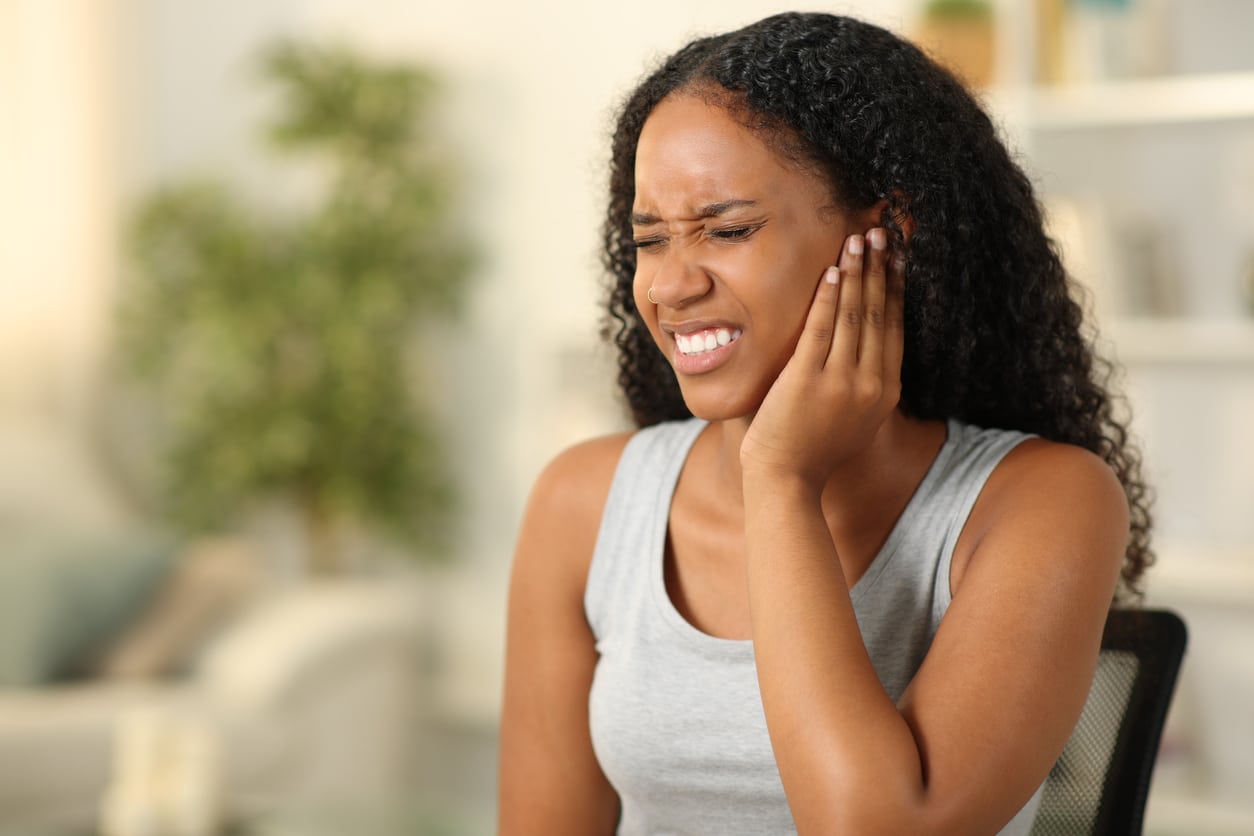Tinnitus, a common symptom causing a ringing or buzzing in the ear, affects approximately 50 million people in the United States. For many, tinnitus is an infrequent and unbothersome occurrence that can easily be ignored. For others, the constant presence of ringing can disrupt sleep and cause irritability, anxiety, depression and lack of concentration.
Tinnitus can develop from nonbothersome to bothersome over time. Knowing the causes and triggers of your tinnitus is essential in identifying the reasons it is worsening. Let’s look at a few of these causes and triggers and what you can do to manage them.
Causes and Triggers of Tinnitus

A few common causes and triggers of tinnitus include:
- Hearing loss. Approximately 90% of tinnitus cases occur with an underlying hearing loss. When the auditory signal carried from your inner ear to the auditory center of your brain is damaged or changed, your brain may generate its own noise in the form of tinnitus. As your hearing loss progresses, you may notice your tinnitus worsening alongside it.
- Loud Noise Exposure. A burst of loud noise can damage the inner ear, leading to hearing loss and tinnitus. This damage accounts for the ringing you may hear in your ears following a loud concert or action movie at Cinema 10. While all tinnitus from loud noise exposure is not permanent, repeated instances of unsafe noise exposure can lead to worsening tinnitus.
- Stress. A 2023 study on the effect of stress on tinnitus found that “Psycho-social stress has been shown to share the same probability of developing tinnitus as occupational noise and contributes to worsening tinnitus.” Because tinnitus can lead to stress, and stress can worsen tinnitus, many people find themselves trapped in an unfortunate and debilitating cycle.
How Can You Manage Worsening Tinnitus?
Tinnitus has no known cure, and symptom management is often highly individual. What works for one person may not always work for you. If your tinnitus started infrequent and mild but has developed over time into a constant and bothersome condition, an audiologist may recommend one or more of the following symptom management techniques:
- Sound masking. Sound masking works by playing a soothing noise to mask the internal ringing of your tinnitus. Many people find relief with the help of white noise machines or noise-canceling headphones.
- Hearing aids. In addition to helping manage your hearing loss, many hearing aids have tinnitus masking features. Like sound machines, your devices amplify external noises or play soothing sounds to drown out the internal noise.
- Hearing protection. While hearing protection cannot stop the ringing, protecting the delicate structures of your ears from loud noise can help prevent worsening tinnitus.
- Stress reduction. Meditating, yoga, reading, exercise and other stress-reduction activities can help you break the tinnitus-stress cycle.
Tinnitus doesn’t need to rule your life. Contact Lake Jackson ENT & Med Spa today to make an appointment with one of our specialists for a tinnitus evaluation and symptom management plan.